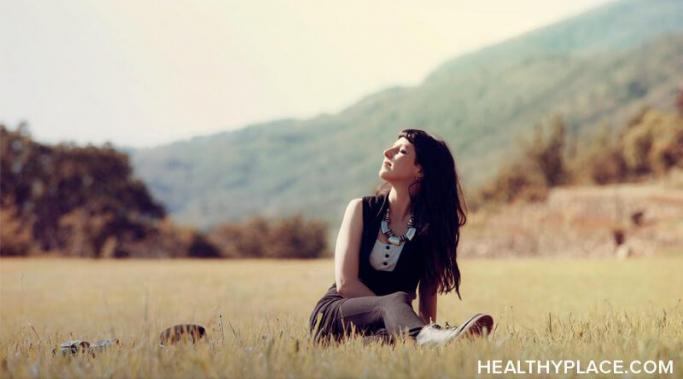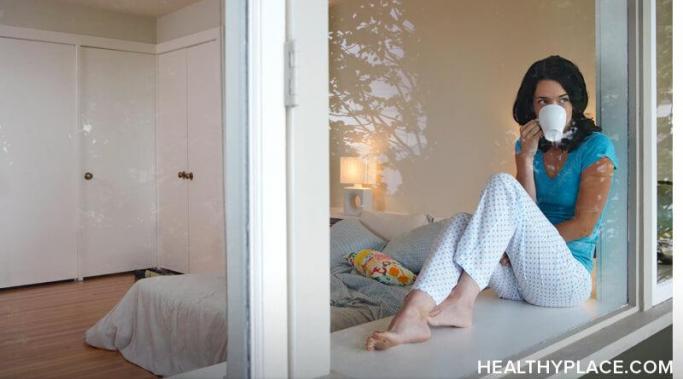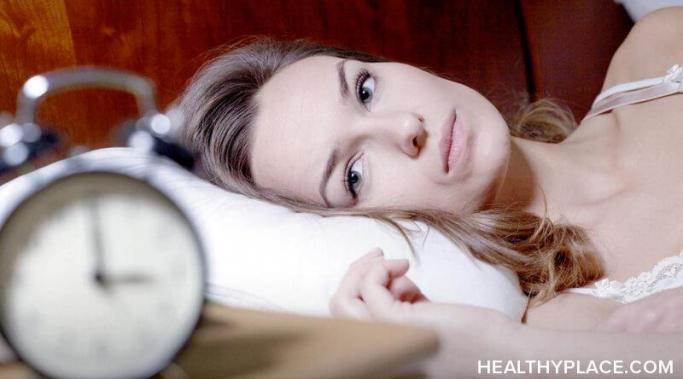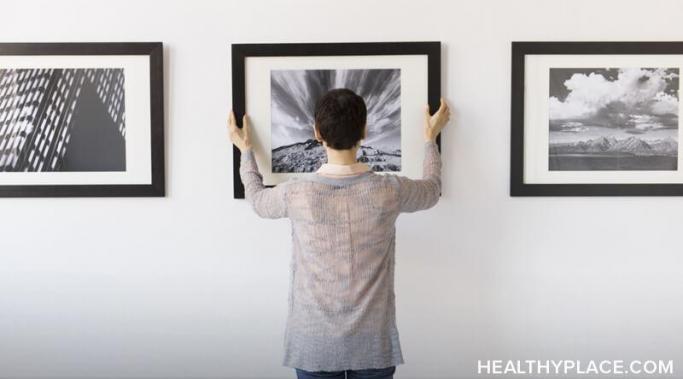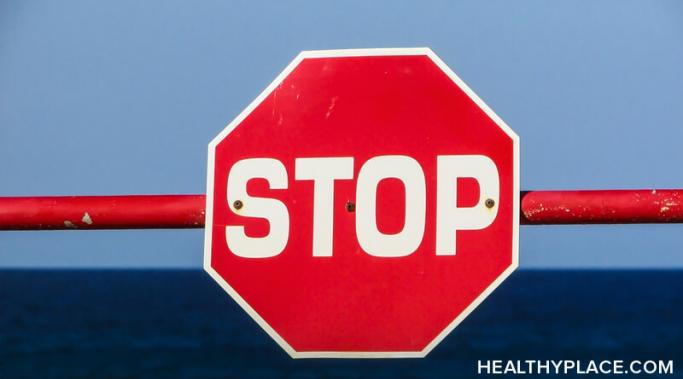Money dysmorphia involves spending too much. When was the last time you went on a shopping spree? I'm not judging you; everybody needs a little retail therapy every now and then. But if you find yourself indulging in shopping too much, you may have money dysmorphia.
Mental Health Coping Skills
For the longest time, I felt something was wrong with me for being an introvert. While most kids my age loved noisy parties and socializing, I preferred quiet one-on-one conversations and the company of books. In tenth grade, when an unimaginative bully called me "boring," I took her jibe to heart. It took me a couple of years to realize she was dead wrong. I am not boring; I am an introvert. And there is nothing wrong with being an introvert.
I'm proud of the little things. In today's world, we are supposed to accomplish significant life goals one after the other -- and celebrate them publicly. In the process, we often overlook small wins as if they don't matter. However, being proud of the little things makes life easier, more so when you frequently experience anxiety, depression, and stress.
Survivor's guilt is real. Nowadays, when I open the Instagram app on my phone, I usually see content of a similar nature: graphic images and videos of dead or seriously injured Palestinians. Often, the people in these posts are babies and children, and it is heartbreaking to see the plight of these innocent, young souls. This post is not about siding with Palestine or Israel, but it is about the survivor's guilt that many of us around the world are experiencing today. Let's take a look.
It is normal and pleasurable to revisit the past and reminisce every now and then. But have you ever wondered how much nostalgia is good for your health? Let's find out.
A few months ago, I saw #GirlDinner trending on social media. After reading about it, I realized it's a gateway to eating disorders, or at least disordered eating. Let's see why girl dinner can be dangerous.
A friendship recession is a real thing. When was the last time you hung out with your friends? Or when have you had a real heart-to-heart conversation? If you cannot recall the date, you, like countless others, may have been hit by the friendship recession.
You may have heard some variation of the famous saying, "perspective is everything." While many people believe this is a good life philosophy, I disagree. Perspective is vital, but it is not everything.
Setting boundaries is one of the most important and meaningful mental health practices. When you establish boundaries, you can thrive without burning out. You'll draw a safe space where you can become the best version of yourself. And when you're the best version of yourself, you can give more to those around you. So, even though they're your personal boundaries, they benefit others, too.
You need a mental health sanctuary because life can be chaotic and overstimulating. Being constantly on the go, facing endless responsibilities and demands, is stressful. Add to this our fast-paced, technological world that has us almost constantly plugged in and connected, and it's easy to feel overwhelmed and even out-of-control. When the brain is bombarded by sensory input, it can have a hard time processing everything. One pleasant and effective way to decompress and reset is to create a soothing sanctuary for your mental health. Keep reading to discover what a mental health sanctuary is, why it's vital, and how to create it.

